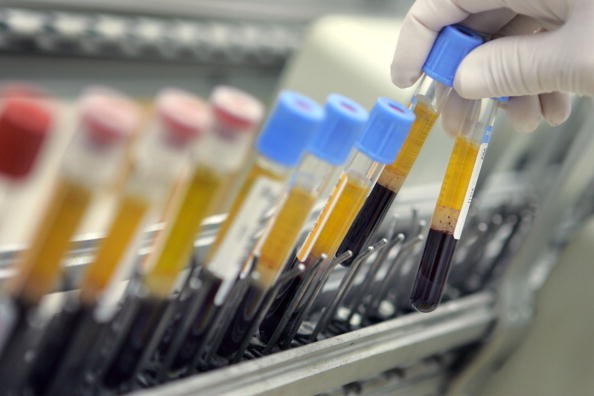
With this discovery, hopefully, we can extend the efficacy of vaccines not just months but years and even decades.
Many debilitating and life-threatening disease have been wiped out or significantly controlled due to a major contributing factor: vaccines.
The body has a way of protecting itself from threats such as viruses and bacteria by developing antibodies, which are produced by the white blood cells. However, some of these viruses are so strong that before the antibodies can be formed, they can already do undue damage into the body.
Thus, with vaccination, a non-live virus is injected into the body, forcing the immune system to produce the necessary antibodies. This way, when the live virus happens to invade the body, we already have the immunity against it.
The problem with the effectiveness of the vaccines and the body's immunity doesn't seem to last long in certain situations. Now a group of researchers may already have the answer to it with the discovery of a protein.
A group of researchers from Walter and Eliza Hall Institute in Melbourne, Australia, have found out that myb, a protein, is necessary in order for the plasma cells producing the antibodies to eventually migrate into the bone marrow, which then acts as a storage facility for these antibodies, rather than leaking into the bloodstream, where they eventually die in only a few days. By keeping these antibodies in the bone marrow, the immunity can last for a longer period of time, say, decades.
As to how they discovered the power of this protein, they experimented with the genes that produce it. When they removed these genes and therefore the body doesn't produce the protein, the plasma cells didn't proceed to the bone marrow.
The challenge now is how to activate the "switch" or trigger that will compel the body to produce the protein at a certain time to allow the plasma cells to migrate to the bone marrow.



